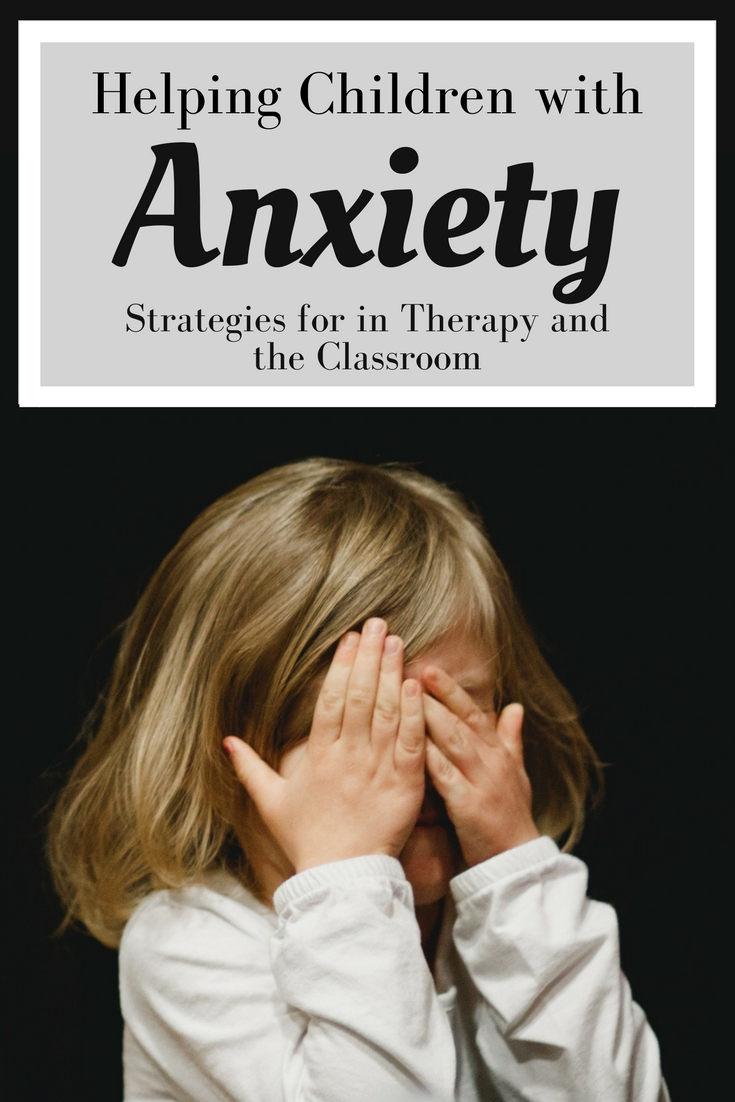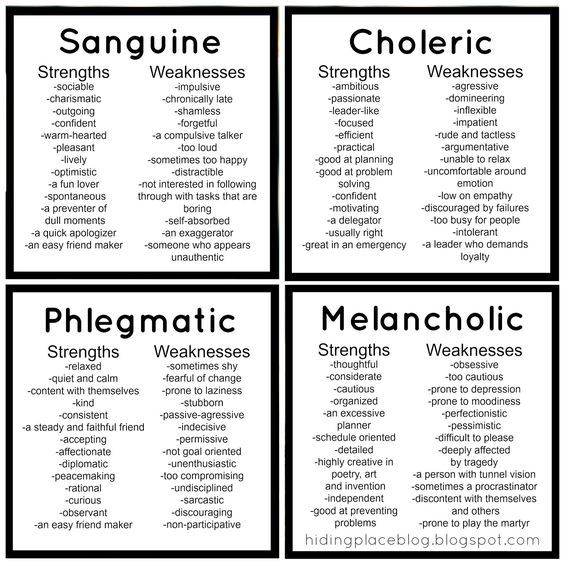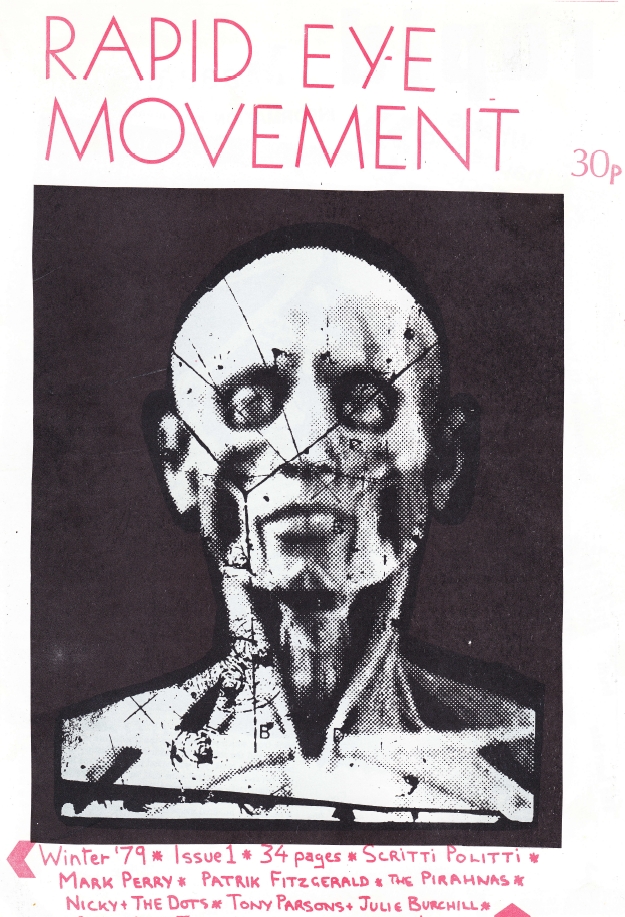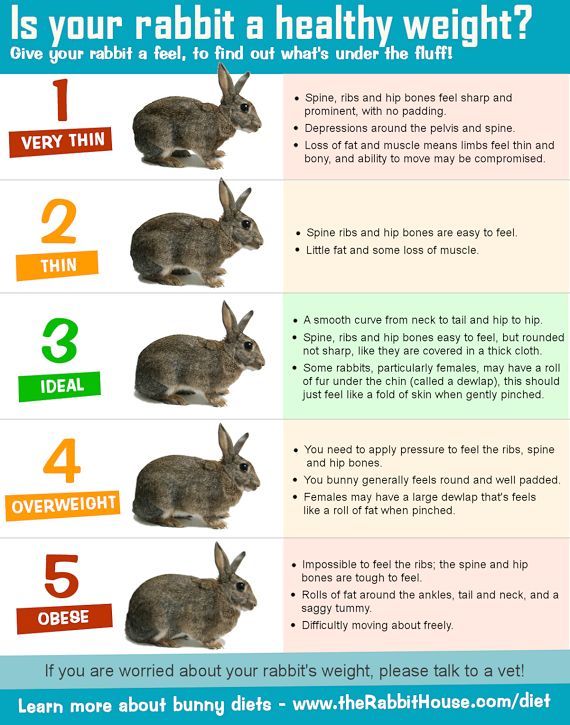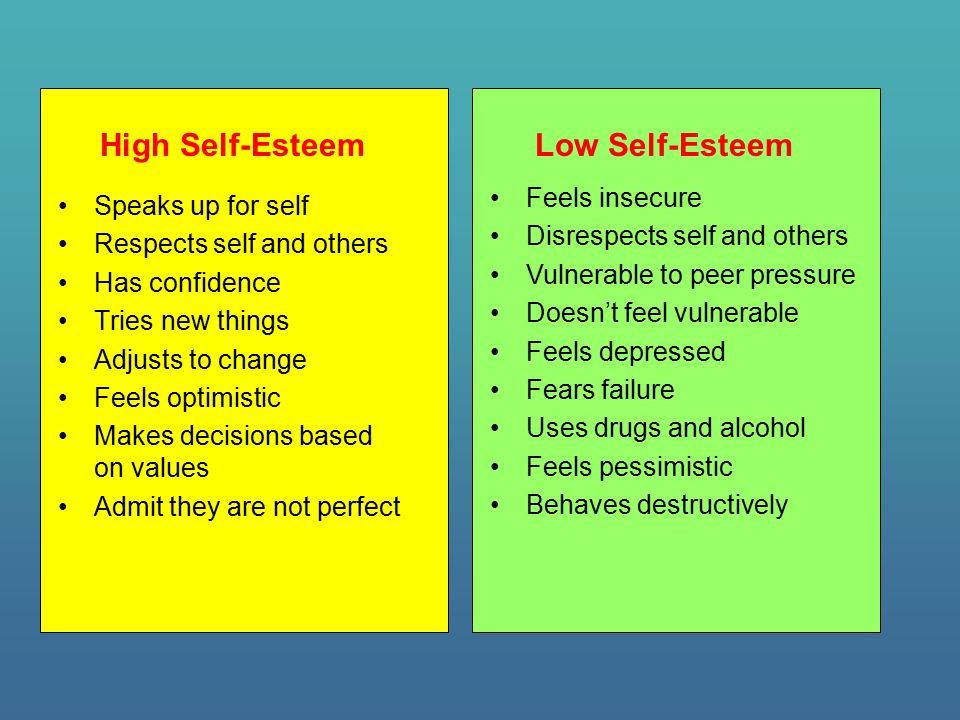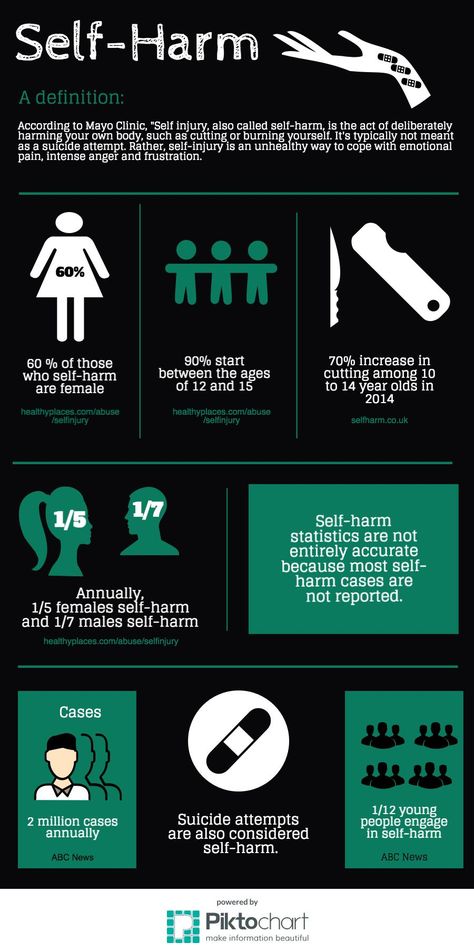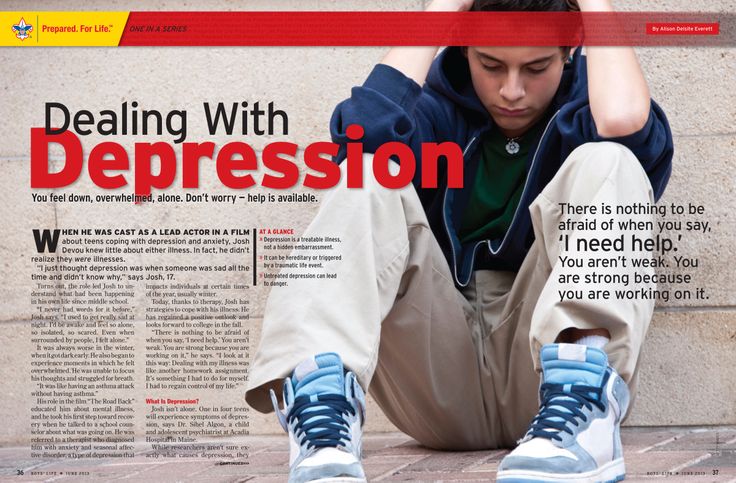Self trust definition
Self-Trust and How to Build It
Self-trust is not trusting yourself to know all the answers, nor is it believing that you will always do the right things. It’s having the conviction that you will be kind and respectful to yourself regardless of the outcome of your efforts.
The definition of self-trust is the firm reliance on the integrity of yourself. There is a difference between a life that is grounded in self-trust and one that is not. When we look at examples of people who are self-trusting, we find that they have clarity and confidence in their choices. They are interdependent, which includes healthy dependency, not overly dependent or hyper-independent. They speak with authority that comes from a deep place within but is not arrogant. They are good observers and have cultivated the ability to learn from their experiences, both the successes and failures.
Because they can trust themselves to not be punitive when they make mistakes, they can look openly at their experience without fear of self-punishment. If my agenda is to protect myself from external or internal recrimination, I am not going to be able to examine my experience because my primary intention is not to learn but to protect myself.
Regret undermines self-trust
The word recrimination has the word crime within it. Many people live with a lot of regret. Some people have the misguided notion that you should not have regrets. That belief causes them to have more regrets. It’s human to have regrets. Only a psychopath or a person who is incapable of learning anything new will have no regrets.
Regret itself is not the problem; what keeps us stuck in regret is the resistance to feeling the full depth of it. It’s overwhelming when we don’t have the inner resources to hold the magnitude of the remorse. There are plenty of means to learn from regrets and to forgive ourselves.
The bigger the regret, the deeper the shame, and the bigger the opportunity.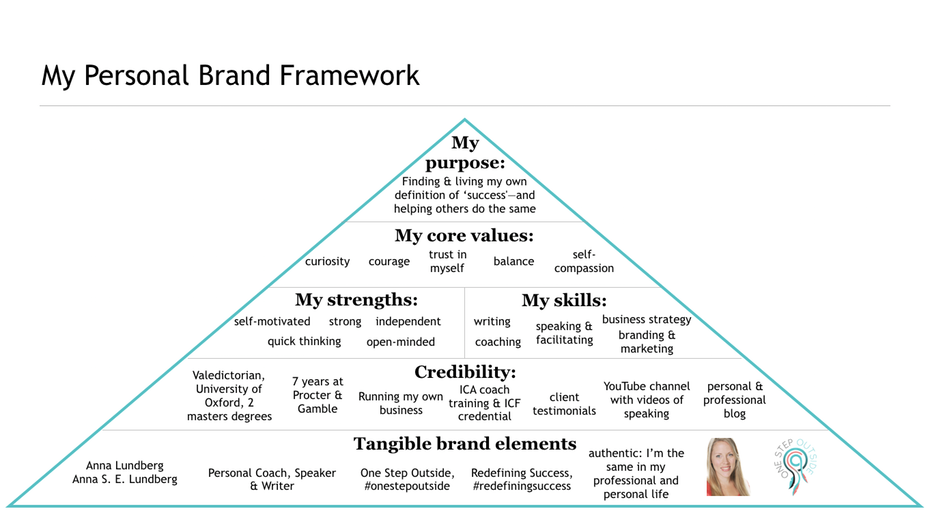 Just like being compassionate and forgiving for another person who may have harmed us, we can focus that same attitude towards ourselves. When we demonstrate that we have learned from the mistake, regret evaporates. Then self-forgiveness and self-trust automatically occur. We are producing evidence that reflects the integration of what we have learned.
Just like being compassionate and forgiving for another person who may have harmed us, we can focus that same attitude towards ourselves. When we demonstrate that we have learned from the mistake, regret evaporates. Then self-forgiveness and self-trust automatically occur. We are producing evidence that reflects the integration of what we have learned.
Avoiding the inner critic undermines self-trust
People who have not learned to relate to their inner critical voice in a productive way will argue with it or comply with its indictments. When we buy into the negative voice, we diminish our self-trust. Trying to escape the inner critic and ignoring it by drinking or drugging, or other distractions will empower it. The way to build self-trust is to relate to the inner critic and show it that it is taking a seed of truth and blowing it out of proportion. There are ways to get to know the critic by being curious about its nature:
- What is the inner critic?
- Where does it come from?
- What is its intention?
- What does it want from us?
- What is its agenda?
- What is its job?
- Is it educable?
- Is there any way other than adversarial to relate to it?
- How do we stand up to the inner critic?
When we listen to the inner critic, relate to it, and educate it, we stand up to it.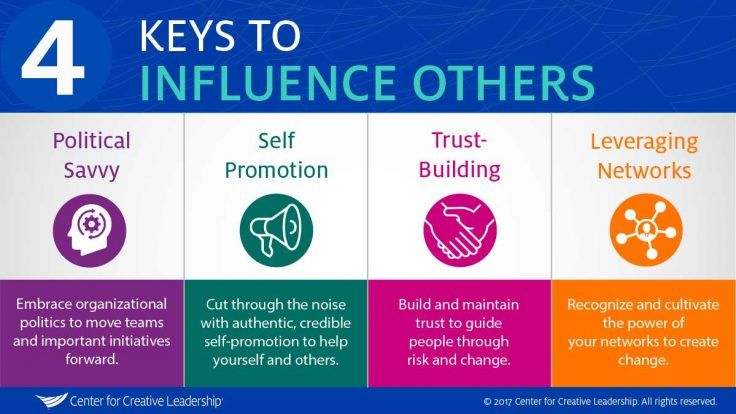 A positive shift in our relationship with the inner critic is possible.
A positive shift in our relationship with the inner critic is possible.
Being caught in the past or worrying about the future undermines self-trust
There are so many opportunities all around us that are missed. If we live in a consciousness of regret, we live in the past. If we are fearful of the possibility of future suffering, we are living in the future. While bouncing back and forth between the past and the future, we are missing the present. If we’re not present, we can’t learn and keep recycling through the same mistakes.
As soon as we stop focusing on the future, we will feel anxious and vulnerable. Worry is an expression of an imagined defense to keep trouble away. When we are present, we may feel unprotected. The challenge is to cultivate a courageous heart that can tolerate increasingly longer periods of presence. By cultivating tolerance for being in the anxiety for longer periods of time, we are not enslaved by fear, and self-trust automatically grows stronger.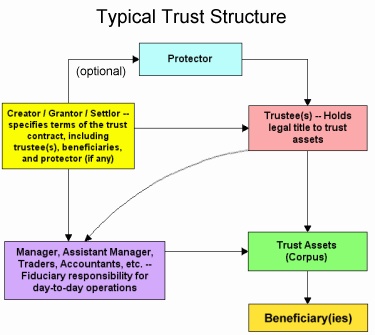
When we are in the present moment, it is the ultimate protection. The paradox is that it seems like dropping the protection that worry provides is dangerous and puts us at risk. But the vulnerability of pure presence is the ultimate sanctuary. When we are fully present, there is no fear. Often the fearful mind kicks in saying, “While you are not paying attention to all those things you should be concerned about, all kinds of dangers are looming. All kinds of problems need to be solved. All kinds of people are waiting for you to take care of them. Stop indulging yourself in this childish experiment and get on with life. If people see that you are not doing what you should be doing and planning for the future, they will have no use of you.”
The weight of regret and lack of presence can crack us open in a way that we can no longer maintain our previous self-image and world-view. Learning to manage the inner critic will free up the energy that is necessary to develop self-trust.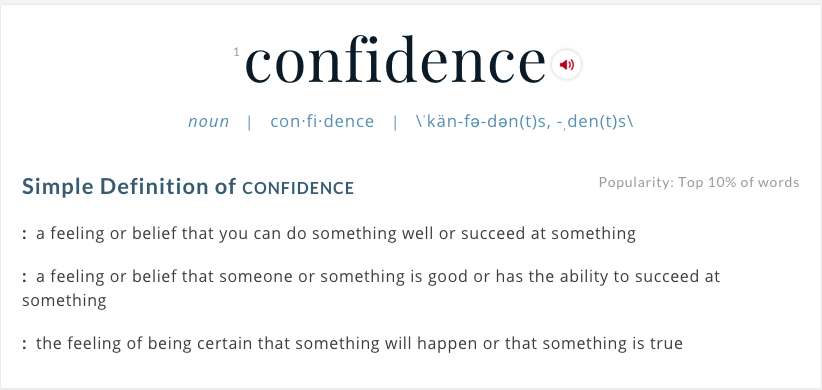 Learning to stay present and coming into the right relationship with the inner critic work together to become a breakthrough for our salvation.
Learning to stay present and coming into the right relationship with the inner critic work together to become a breakthrough for our salvation.
These factors in combination are the beginning of an orientation towards a life where we welcome new insights. Now, no longer so fearful of being open and present in our lives, the anxiety that robbed us of self-trust has been transformed to eager anticipation of future learning. And self-trust will now be our constant companion.
Self-trust Definition & Meaning - Merriam-Webster
ˌself-ˈtrəst
: self-confidence
Synonyms
- aplomb
- assurance
- confidence
- self-assurance
- self-assuredness
- self-confidence
- self-esteem
See all Synonyms & Antonyms in Thesaurus
Word History
First Known Use
1526, in the meaning defined above
Time Traveler
The first known use of self-trust was in 1526
See more words from the same year
Dictionary Entries Near
self-trustself-treatment
self-trust
self-understanding
See More Nearby Entries
Cite this Entry
Style
MLAChicagoAPAMerriam-Webster
“Self-trust. ” Merriam-Webster.com Dictionary, Merriam-Webster, https://www.merriam-webster.com/dictionary/self-trust. Accessed 16 Dec. 2022.
” Merriam-Webster.com Dictionary, Merriam-Webster, https://www.merriam-webster.com/dictionary/self-trust. Accessed 16 Dec. 2022.
Copy Citation
Subscribe to America's largest dictionary and get thousands more definitions and advanced search—ad free!
Merriam-Webster unabridged
putative
See Definitions and Examples »
Get Word of the Day daily email!
The Great British Vocabulary Quiz
- Named after Sir Robert Peel, what are British police called?
- Peelheads Robbies
- Berties Bobbies
Test your vocabulary with our 10-question quiz!
TAKE THE QUIZ
Can you make 12 words with 7 letters?
PLAY
Words at Play
-
Every Letter Is Silent, Sometimes
When each letter can be seen but not heard
-
Great Big List of Beautiful and Useless Words, Vol.
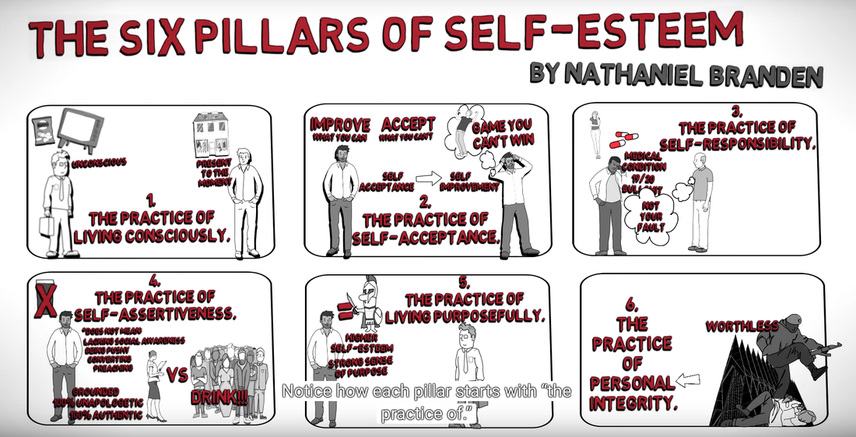 1
1 Some may be more useful than others.
-
'Canceled' or 'Cancelled'?
One L or two?
-
When Were Words First Used?
Look up any year to find out
Ask the Editors
-
Literally
How to use a word that (literally) drives some pe...
-
Is 'None' Singular or Plural?
Or both? Or neither?
-
Lay vs. Lie
Editor Emily Brewster clarifies the difference.
-
Ending a Sentence with a Preposition
An old-fashioned rule we can no longer put up with.

Word Games
-
Name That Thing MegaQuiz: Vol. 3
Test your visual vocabulary
Take the quiz
-
Challenging Standardized Test Words, Vol. 2
No Number 2 pencil required.
Take the quiz
-
How Strong Is Your Vocabulary?
Test your vocabulary with our 10-question quiz!
Take the quiz
-
Spelling Bee Quiz
Can you outdo past winners of the National Spelli...
Take the quiz
Self confidence
08/18/2015
Trust in yourself is trust in your introspection, your feelings, perception, memory, your interpretations.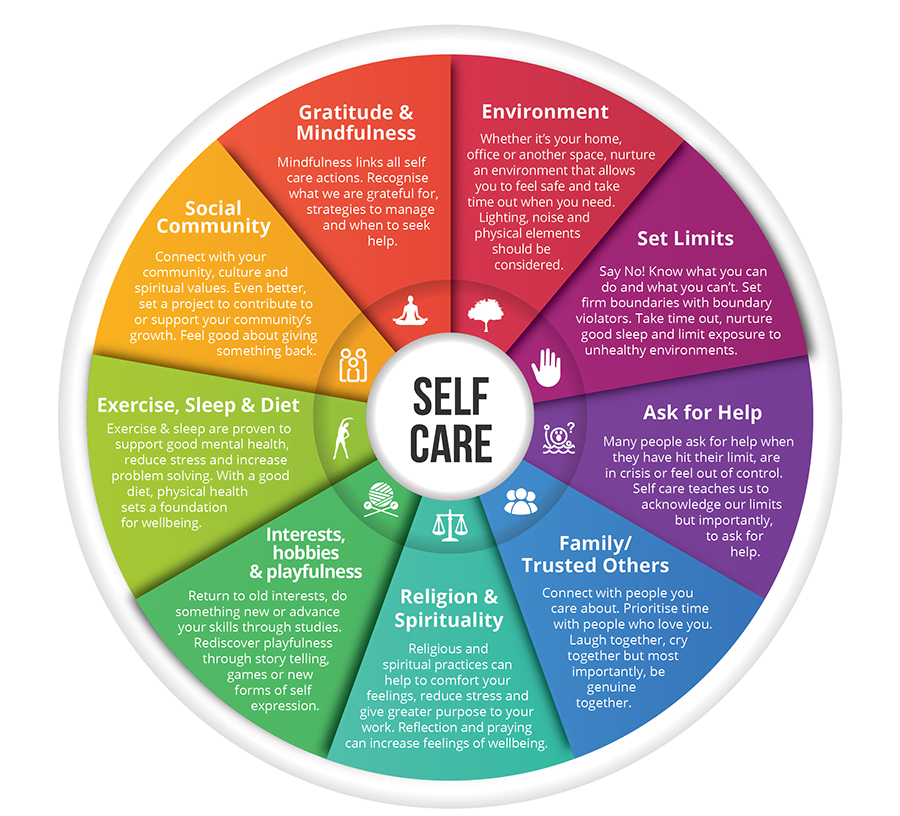 This is faith, the conviction of a person in his own perfection, this is an unconditional faith in his own strength, his own significance, value, necessity. On an emotional level, trust in oneself is experienced as self-acceptance, which, creating a sense of security, liberates a person, allows you to openly express your feelings and thoughts, act and be confident in understanding, support, and forgiveness. nine0003
This is faith, the conviction of a person in his own perfection, this is an unconditional faith in his own strength, his own significance, value, necessity. On an emotional level, trust in oneself is experienced as self-acceptance, which, creating a sense of security, liberates a person, allows you to openly express your feelings and thoughts, act and be confident in understanding, support, and forgiveness. nine0003
F. Perls believes that "a person who does not trust himself enough may look for support in the past or in a fantastic future instead of living in the present and relying only on himself."
Trust in yourself is the first necessary condition for great undertakings.
Johnson Samuel
E. Shostrom says the same: “Distrust in oneself:
- leads to distrust of others;
- self-distrust is associated with increased control over one's own and others' behavior and the situation in general; nine0019
- not only leads to the inability to sincerely express feelings, but also blocks their very experience, and therefore awareness;
- self-distrust is due to the fact that in behavior a person is focused not on his needs and experiences, but on circumstances.
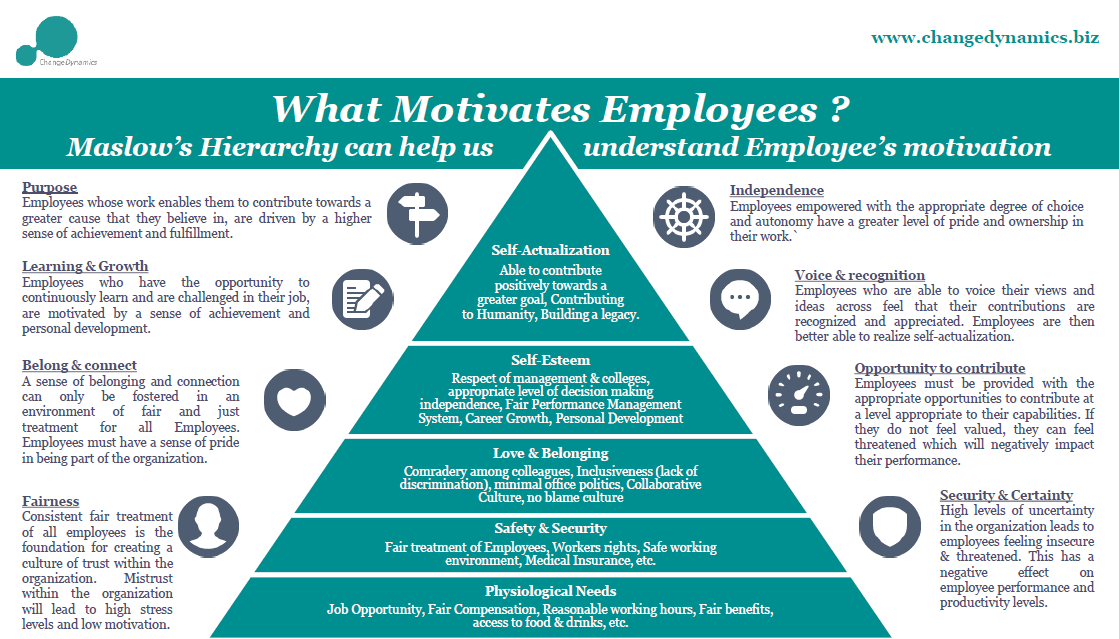
2.1 shows the phenomenological manifestations of low and high levels of self-confidence, identified by N. B. Astanina based on the analysis of the description of the phenomenon of self-confidence by T. P. Skripkina.
| Table 2.1 . Phenomenological manifestations of high and low levels of self-confidence | ||
|---|---|---|
| No. | Signs of a high level of self-confidence | Signs of low self-confidence |
| 1 | Ability to independently choose and set goals, build a strategy to achieve them in accordance with their values | Dependence in making a decision on the opinions of others, constant search for confirmation from the outside of the correctness of one's choice |
| 2 | A high assessment of one's capabilities, which, under conditions of uncertainty, allows a person to feel a priori capable of achieving the goal | Low assessment of one's capabilities, which in most situations, especially uncertain ones, is expressed in feelings of fear, uncertainty, doubts about one's ability to achieve the goal |
| 3 | Ability to navigate the situation, choose acceptable ways to achieve goals in accordance with the conditions in each specific situation | Weak orientation in the situation due to the experience of fear and excessive fixation on achieving a positive result |
| 4 | The ability to defend one's boundaries under the pressure of external circumstances, confident behavior towards achieving the goal, based on the belief in the correctness and value of the path chosen by him | Experiences of fear, doubts and uncertainty about the correctness of the chosen path and ways to achieve the goal; high probability of abandoning the method of achieving the goal or even from the goal under the pressure of external circumstances |
| 5 | In case of failure, it is typical to forgive oneself for losing with an adequate assessment of the actions that were successful and the mistakes made; search for new ways to achieve the goal | With an unfavorable outcome of an attempt to achieve a goal, fixation on failure is characteristic, followed by a refusal to choose new ways to achieve the goal |
| 6 | Accepting both one's success and failure with a positive attitude towards oneself | nine0039 Denial of one's own contribution to successes and failures, combined with a negative attitude towards oneself|
A person never fully knows the world, its properties and qualities, and he never fully knows himself, but at the same time, as you know, he remains an independent sovereign subject of activity.
It is trust that allows a person not only not to be afraid to interact with the world, but also independently choose the goals of his own activity and realize them, relating to himself, his interests and needs, i.e. with his own experiences, in a word, with his subjectivity as a value . This circumstance gives grounds to speak about the existence of the phenomenon of self-confidence, which is associated with the choice of goals and, ultimately, with the activity of a person, manifested in various spheres of life. nine0003
It can be assumed that self-confidence is a phenomenon that allows a person to take a certain value (biased) position in relation to himself and, based on this position, build his own life strategy. The essence of this position is that a person has an attitude to his own subjectivity as significant for him. It is this position that allows a person to be a sovereign subject of activity.
At the same time, a person's trust in himself should not be absolute in its manifestations, it always has a certain measure.
Otherwise, the unified ontology “man and the world” is torn apart, a person gradually loses contact with the world, turning into a “functional organ” of his own goals. Apparently, there is a certain optimum of self-confidence, the relative constancy of which is one of the indicators of both maturity and the psychological well-being of the individual. However, this level can only be a relatively constant value, since it is a complex, extremely dynamic formation that fluctuates depending on the constantly ongoing correlation of oneself with the world and oneself. In other words, when predicting his activity or choosing goals, a person, on the one hand, strives to “go beyond” himself, i.e., already accumulated experience, and on the other hand, referring to the meanings obtained in past experience, he relies precisely on them, to their content and relates itself to them, striving to correspond to them. It is in this sense that self-confidence can be defined as the ability of a person to “go beyond” himself without entering into conflict with himself.
nine0010 Skripkina T. P., 2004
Without a person’s trust in others (as part of the world) and at the same time trust in oneself, “the creative, that is, goal-giving, nature of life activity is impossible; and trust in the other is the attitude to the other as a value” (T. P. Skripkina, 2000). Adolescents who trust others show a higher degree of cooperation than those who have low trust in others. nine0003
Trust in the world is associated with trust in oneself as part of this world, but these proportions, or the "amount" of trust delegated to oneself and the world, may be different. One cannot think that in some cases a person completely relies on the world, while in others he trusts only himself as an autonomous subject of activity. This dichotomy leads to a simplified ontological picture. Trust in the world and trust in oneself strive for a harmonious combination, otherwise there is either a reckless risk, or a complete alienation of individuality from itself.
In other words, in the interaction of a person with the world, a person always strives to remain immanent both to himself and the world at the same time. But this correspondence, this immanence is constantly violated, and then the problem of choice arises - to give preference to the conditions provided by the world, or to realize one's own possibilities, increasing the level of trust in oneself. nine0003
So, it is possible to understand the specifics of a person's trust in the world only by considering a person and the world in a single system, a single ontology. Man and the world, entering into interaction, form a different ontological reality than existing separately. Strictly speaking, a person and the world cannot exist separately, because a person is “extended into the world”, he endows the objects of this world with different meanings, makes them valuable, meaningful. This other ontological reality is the subjective world of man. nine0010 Skripkina T. P., 2004
The results of a study by I.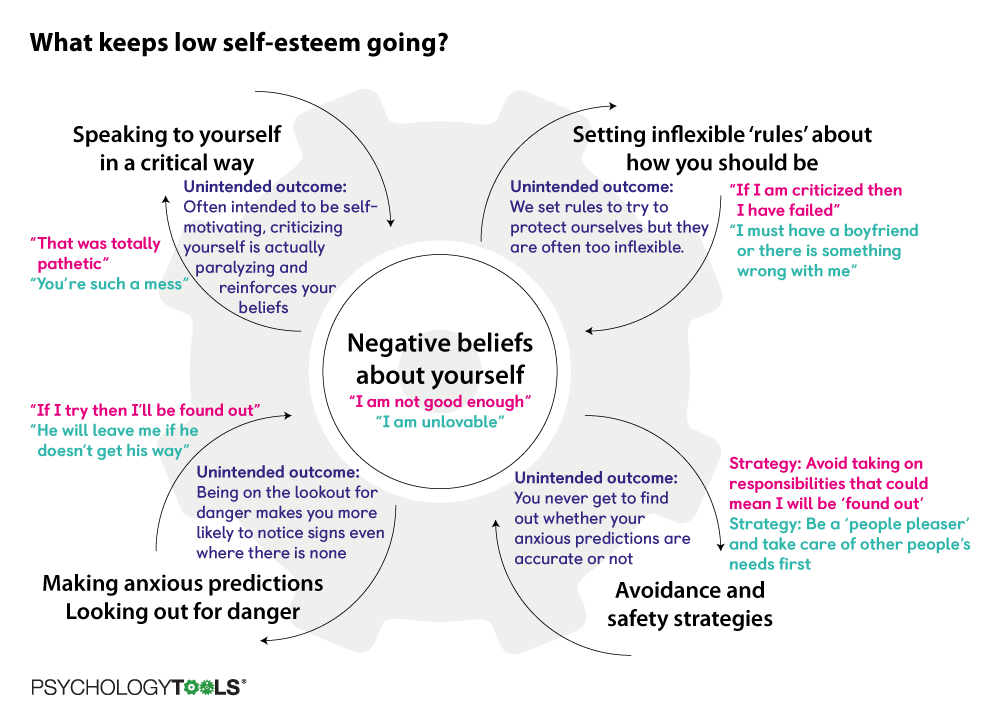 V. Terelyanskaya (2010) showed that a high level of self-confidence was registered only in subjects with low social creativity (16.7%).
V. Terelyanskaya (2010) showed that a high level of self-confidence was registered only in subjects with low social creativity (16.7%).
O. G. Fathi (2003) notes that an increase in the measure of trust in oneself can occur at the expense of a decrease in the measure of trust in the world, which leads to a change in personal characteristics in a negative direction, and may harmoniously increase the measure of trust in the world, contributing to the development personality. nine0003
Key words: Trust
Source: Ilyin EP, Psychology of trust. - St. Petersburg: Peter, 2013. - 288 p.: ill.
| Related materials |
|---|
| What is confidential communication Ilyin EP, Psychology of trust. - St. Petersburg: Peter, 2013. - 288 p.: ill. |
| nine0004 Trust/distrust in the organization Ilyin EP Psychology of trust. |
| Formation of trust in organizations Ilyin EP, Psychology of trust. - St. Petersburg: Peter, 2013. - 288 p.: ill. |
| Trust in advertising Ilyin EP Psychology of trust. - St. Petersburg: Peter, 2013. - 288 p.: ill. |
| Trust in politics and politicians Ilyin EP Psychology of trust. - St. Petersburg: Peter, 2013. - 288 p.: ill. |
| How to win a child's trust Chernova TL, Child psychologist's advice. Tips for parents |
| Trust in medicine Ilyin EP Psychology of trust. - St. Petersburg: Peter, 2013. - 288 p.: ill. nine0003 |
| Loss of trust in relationships Samoukina N. |
SELF TRUST
SELF TRUST K SELF
Self confidence is the confidence and courage that comes from the consciousness of one's personal VALUE.
There is some difference between expressions trust yourself and trust in yourself. A person who trusts himself, judges and values himself by the results achieved earlier; only from this point of view does he decide the question of the value of his work and its possible repetition. In case of failure, he ceases to trust himself, reduces his self-esteem and resigns himself to his helplessness.
Consider, for example, a person who is to make a presentation to a group of listeners. The speaker knows the material perfectly and is ready to get down to business. If everything goes well, that is, in accordance with the standards that he has set for himself, he will be proud of himself and ready to read another report. If he fails, and despite his best efforts, the report does not turn out as he expected, his confidence in himself will be shaken. He judges himself by the work done and the results obtained, so his self-esteem will decrease; he will begin to doubt the expediency of the second report or simply refuse it for fear of a new failure. nine0003
If he fails, and despite his best efforts, the report does not turn out as he expected, his confidence in himself will be shaken. He judges himself by the work done and the results obtained, so his self-esteem will decrease; he will begin to doubt the expediency of the second report or simply refuse it for fear of a new failure. nine0003
Believing in yourself means taking risks again, but not judging yourself and caring little about the results. This is the ideal setting for victory. Besides, who said that a new attempt would not be the starting point of a new experience, useful and constructive?
In such a situation, a person who believes in himself gets the experience he considers necessary for his full development, and does not judge himself. He is not afraid to repeat this experience, even if the expected results are not achieved. In short, he believes that everything that happens to him is part of the necessary science, which he must receive and understand in the process of his development.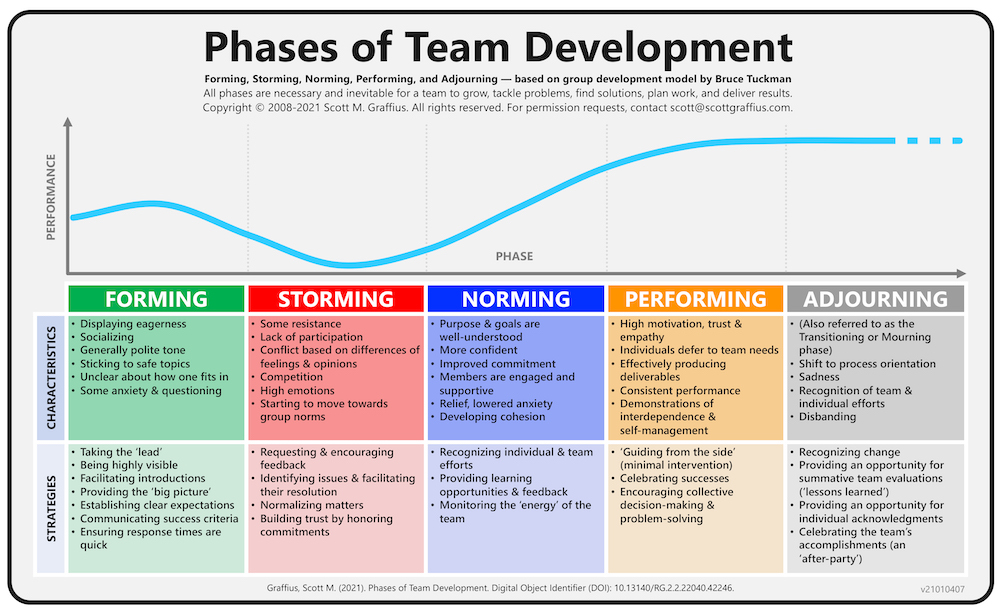 Thus, the one who judges himself is rather trusts himself, than trusts himself.
Thus, the one who judges himself is rather trusts himself, than trusts himself.
The measure of your faith in yourself is your ability to trust, open up to other people without being afraid that you will be judged or criticized.
And, respectively, disbelief in oneself is characteristic of someone who finds it difficult to reveal his weaknesses and mistakes to others out of fear that he will be judged. On the other hand, opening up does not mean telling everyone about your problems in order to get support in this way; such behavior rather betrays the habit of complaining and presenting oneself as a VICTIM; it excludes the possibility of real deep communication. On the other hand, some behave in this way in the hope that the interlocutor will trust them. nine0003
Lack of self-confidence is usually formed as a result of difficult trials experienced in the past. Know that you don't have to believe in these difficulties for the rest of your life.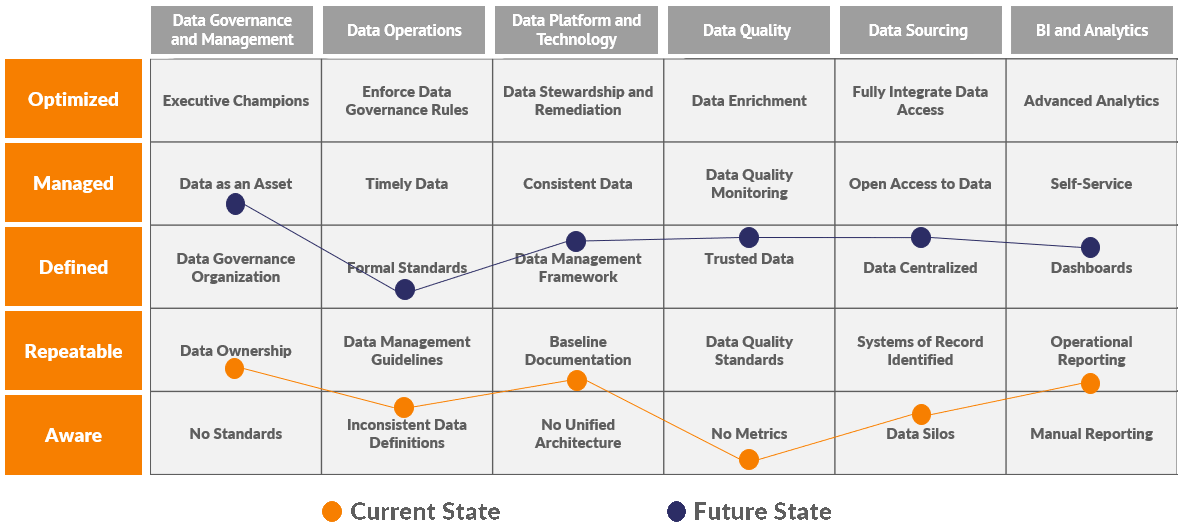
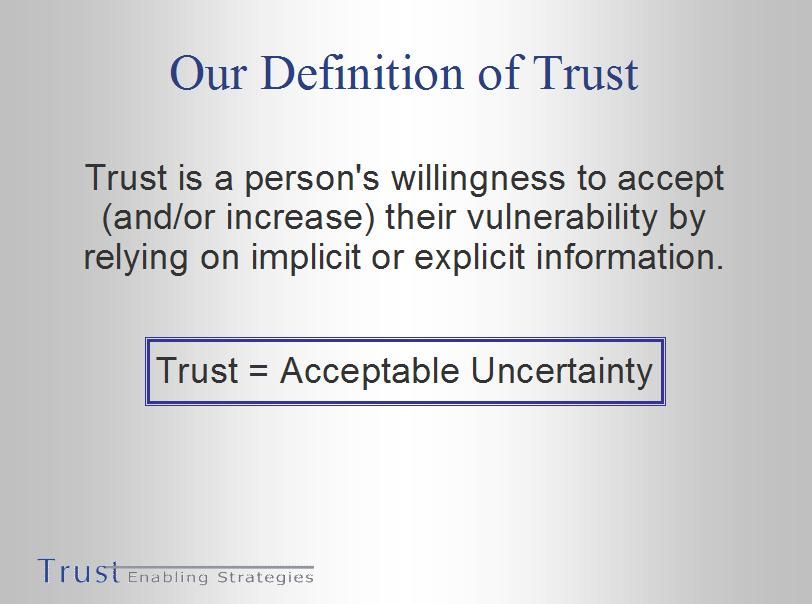 - St. Petersburg: Peter, 2013. - 288 p.: ill.
- St. Petersburg: Peter, 2013. - 288 p.: ill.  V., Extreme psychology
V., Extreme psychology 